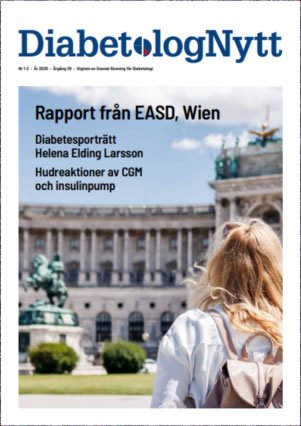NEW YORK (Reuters Health) – Compared with glipizide, long-term therapy with metformin leads to a reduction in major cardiovascular events in patients with type 2 diabetes, according to Chinese and US researchers.
In a paper online December 10 in Diabetes Care, Dr. Guang Ning of Shanghai Jiao Tong University School of Medicine and colleagues note that metformin and sulfonylureas have been mainstay drugs among oral glucose-lowering medications.
The researchers studied 304 patients aged 36 to 80 years, all with a history of coronary artery disease. After a 2-week run-in period they withdrew from all antidiabetic agents and were randomly assigned to receive either glipizide (30 mg daily) or metformin (1.5 g daily) for a period of three years.
HbA1c was 7.6% at baseline and fell within six months to 7.1% in the glipizide group and 7.0% in the metformin group. The levels remained stable after the initial drop.
The primary study end points were times to the composite of recurrent cardiovascular events, including death from a cardiovascular cause, death from any cause, nonfatal myocardial infarction, nonfatal stroke or arterial revascularization.
After a median follow-up of five years, 91 participants had 103 such events. These occurred in 52 patients on glipizide (35.1%) and in 39 patients on metform (25.0%).
Adverse events did not differ between groups and there was no significant between-group difference in mortality. However, after adjustment, intention-to-treat analysis of a composite of cardiovascular events showed a significantly lower hazard ratio (0.54) in the metformin group.
According to the researchers, the favorable long-term effects of metformin might be associated with its antiatherosclerotic properties beyond glucose lowering. These and other findings, they conclude, point to ”a potential benefit of metformin therapy on cardiovascular outcomes in high-risk patients.”
Moreover, added Dr. Ning, ”We believe that the results will help other members in the fields of cardiology and endocrinology in future treatment of type 2 diabetes and prevention of its cardiovascular complications
Diabetes Care 2012.
Nyhetsinfo
www red DiabetologNytt

